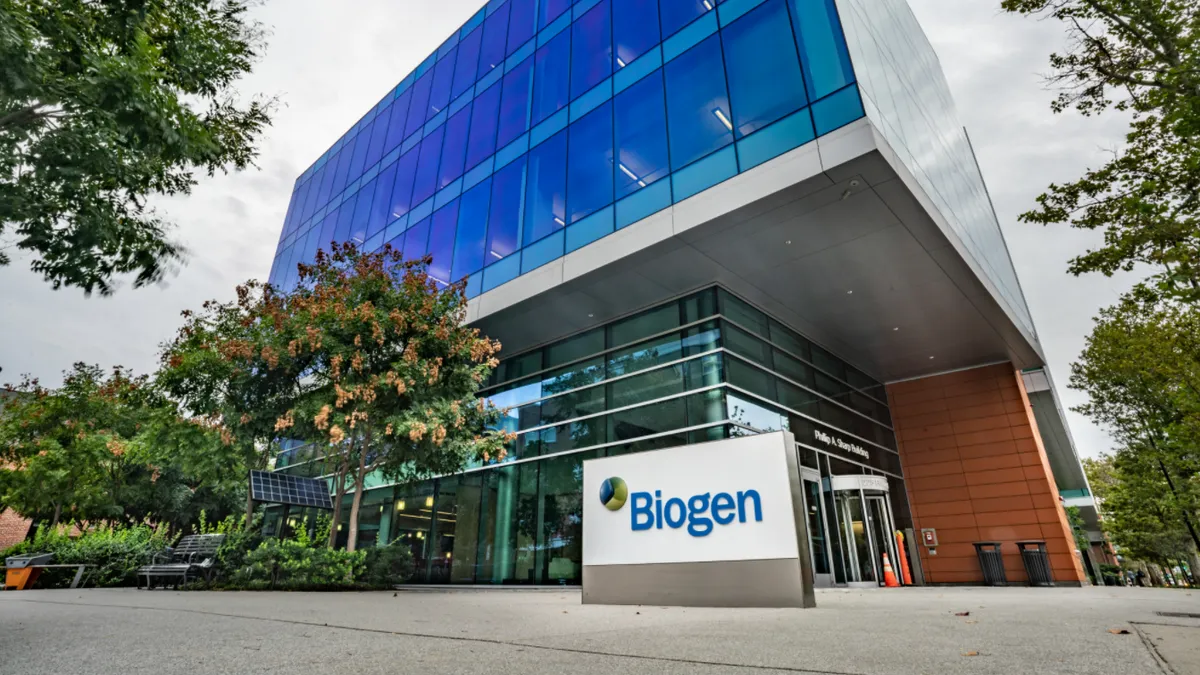
AI's Role in Custom Protein Synthesis for Medicine
In the ever-evolving realm of biotechnology, artificial intelligence (AI) is emerging as a transformative force. One of the most promising applications of AI in this field is the synthesis of custom proteins, which holds the potential to revolutionize medicine and biotechnology. Recent advancements have demonstrated that AI-driven models can create bespoke proteins, offering tailored solutions for a myriad of diseases and conditions.
The Promise of AI in Protein Synthesis
The synthesis of custom proteins involves engineering proteins with specific sequences and properties to perform desired functions. This is a complex task, traditionally requiring extensive laboratory work and significant time investments. However, AI models are now capable of accelerating this process by predicting the structures and functions of proteins, thus facilitating the design of proteins with unprecedented precision.
AI's ability to process vast amounts of biological data enables it to identify patterns and predict outcomes that are beyond human capability. This capacity is particularly valuable in the realm of protein engineering, where understanding the intricate relationships between protein sequences and their three-dimensional structures is crucial.
Breakthroughs in Biotechnology
The potential of AI in protein synthesis is being realized across various sectors, most notably in medicine. Custom proteins can be engineered to target specific pathogens, leading to the development of novel therapies for diseases that are currently difficult to treat. For example, AI-driven protein design could lead to breakthroughs in treatments for conditions like cancer, Alzheimer's disease, and antibiotic-resistant infections.
One cutting-edge application of AI in this field is the development of designer enzymes. These enzymes can be tailored to catalyze specific chemical reactions, which has significant implications for drug development. By optimizing these enzymes for efficiency and specificity, researchers can improve the effectiveness of pharmaceuticals and reduce side effects.
AI Models Revolutionizing Medicine
AI's impact on protein synthesis is not limited to drug development. It also extends to the creation of diagnostic tools and vaccines. AI-designed proteins can serve as biomarkers, helping to identify diseases at an early stage. Moreover, AI can aid in the design of vaccines by predicting viral mutations and engineering proteins that elicit robust immune responses.
For instance, AI models have been instrumental in the rapid development of COVID-19 vaccines. By analyzing viral protein structures, AI facilitated the identification of key antigens that were used to develop effective vaccines in record time.
Overcoming Challenges
Despite its promise, the integration of AI in protein synthesis is not without challenges. One significant hurdle is the need for high-quality data to train AI models effectively. Inaccurate or incomplete data can lead to erroneous predictions, which can impede progress. Therefore, collaborative efforts between AI researchers and biologists are essential to ensure data integrity and model accuracy.
Moreover, ethical considerations must be addressed as AI becomes more prevalent in biotechnology. The potential for AI to manipulate biological systems raises questions about safety and control. Regulatory frameworks must evolve to keep pace with technological advancements, ensuring that AI applications are both safe and beneficial.
The Future of AI in Biotechnology
The future of AI in custom protein synthesis is bright, with the potential to transform the landscape of medicine and biotechnology. As AI models continue to evolve, they will unlock new possibilities for the design and production of proteins, leading to innovative therapies and diagnostic tools.
Researchers at institutions like Delft University of Technology are at the forefront of these advancements, developing innovative models that mimic natural growth conditions for neurons. Such models provide insights into neurological disorders and pave the way for novel treatments.
In conclusion, the role of AI in custom protein synthesis represents a significant leap forward in biotechnology. By harnessing the power of AI, scientists can accelerate the development of life-saving treatments and therapies, offering hope for patients worldwide. As we continue to explore the potential of AI in this field, we are likely to witness further breakthroughs that will redefine the boundaries of medicine and biotechnology.

As AI continues to advance, its integration into protein synthesis will undoubtedly lead to more personalized and effective medical solutions, heralding a new era in healthcare and biotechnology.